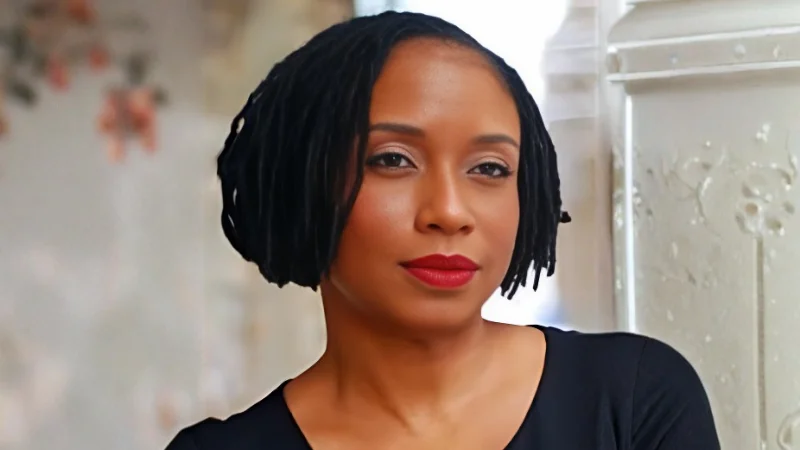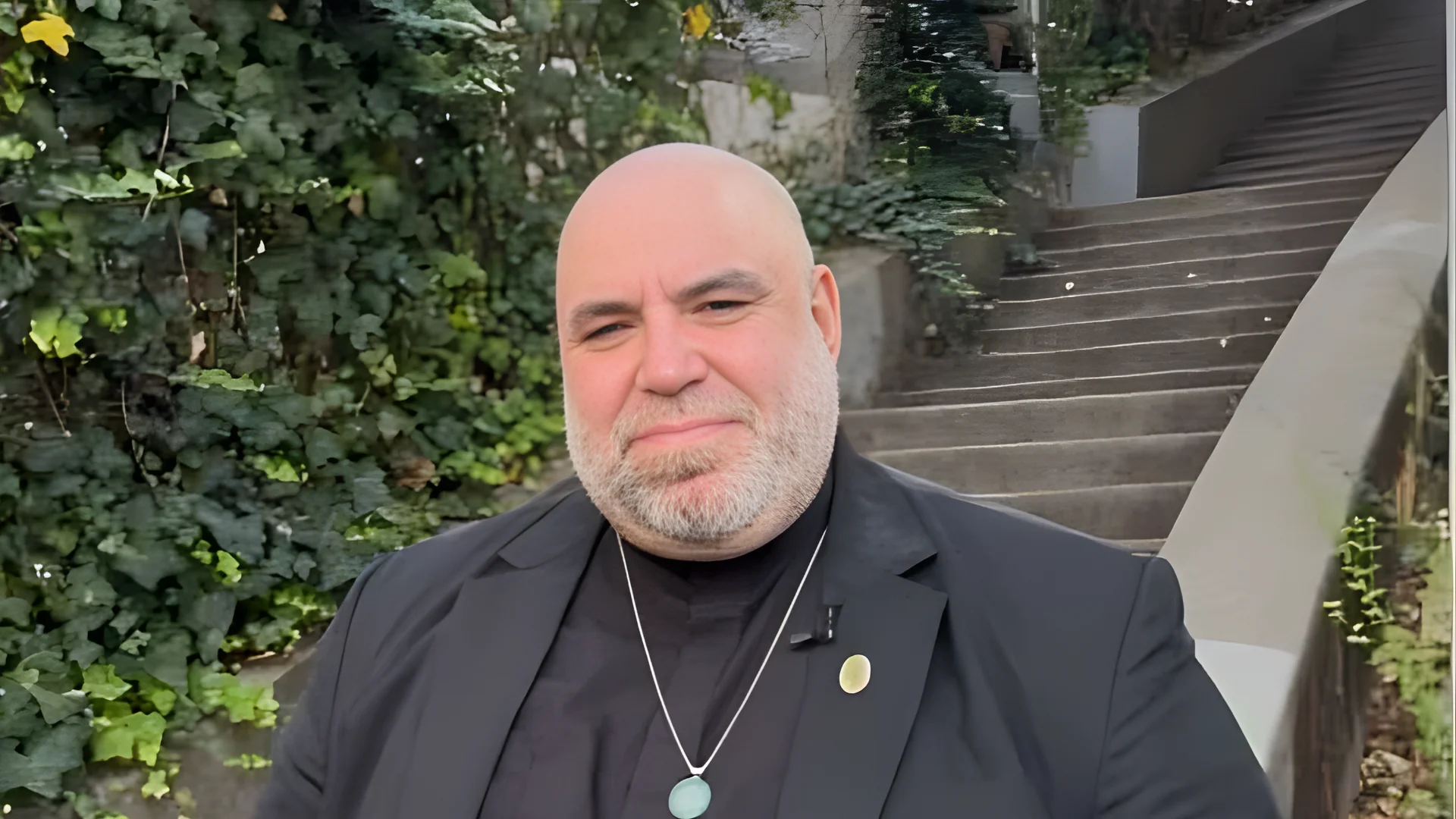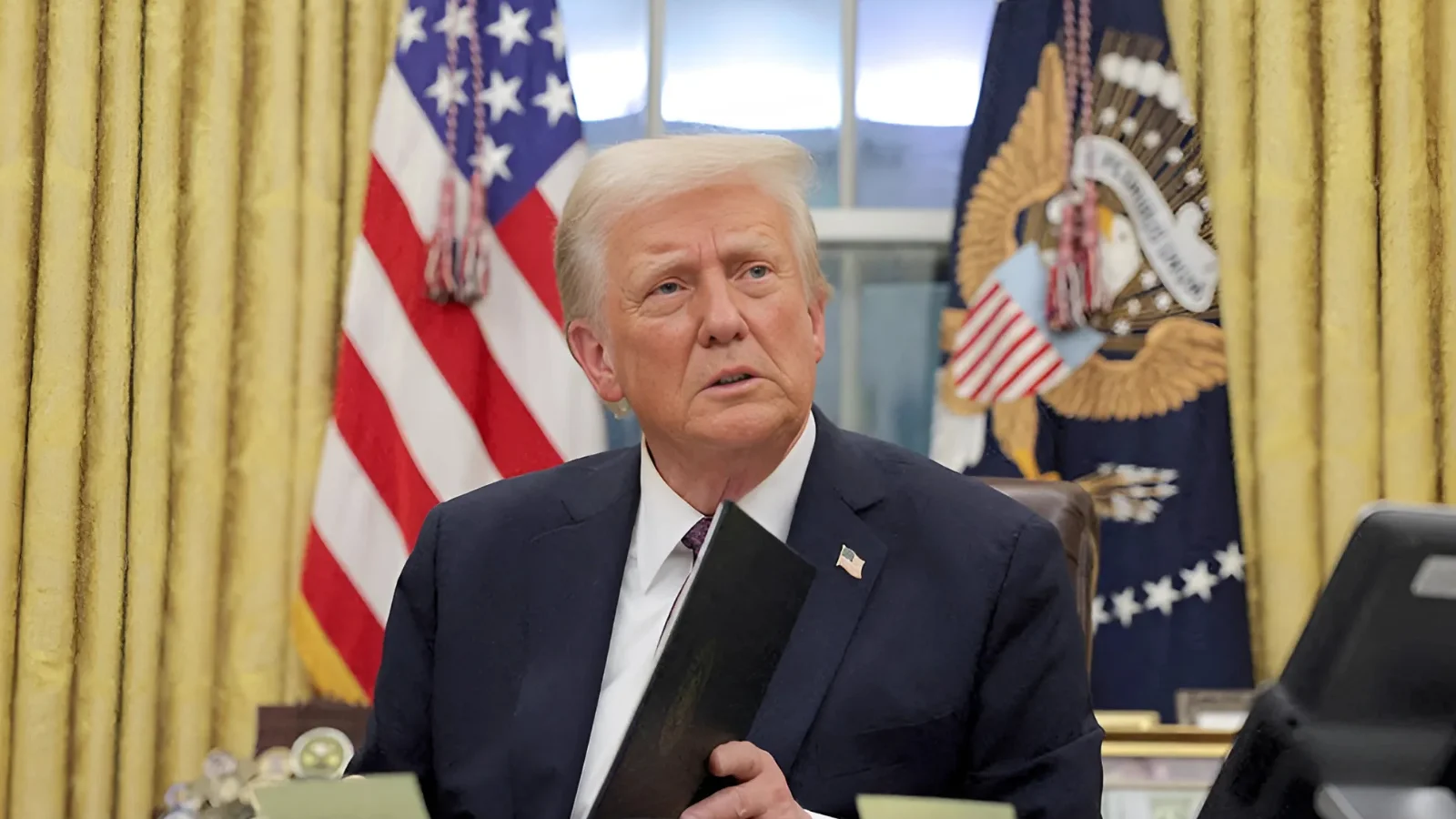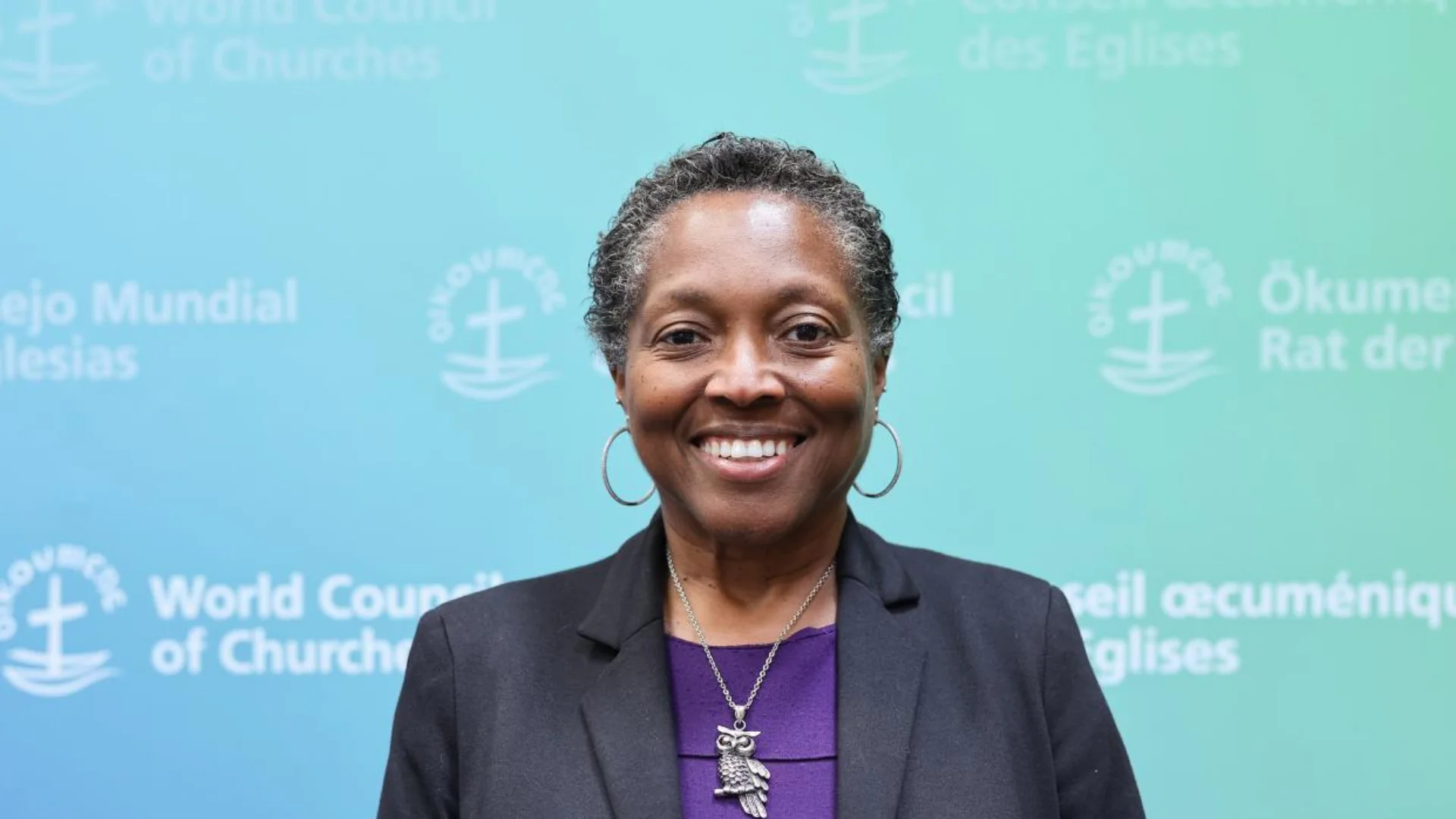The Rev. Jorge Bautista, pastor at College Heights Church, a United Church of Christ congregation in San Mateo, California, was struck in the face with a pepper round by a U.S. immigration officer during a prayer vigil on October 23 in the San Francisco Bay Area. The incident occurred as faith leaders and community members gathered to protest an announced surge of immigration enforcement operations in the region.
Bautista attended the vigil organized by Interfaith Movement for Human Integrity at Coast Guard Island in Alameda, where participants held signs reading “No ICE or troops in the Bay.” The group aimed to demonstrate solidarity with migrants and send a message to Immigration and Customs Enforcement (ICE) that their presence was not welcome.
“Those of us that showed up as clergy, we believe in always standing on the side of love – and for the love for migrants in this case, knowing that migrants are members of our churches, members of our communities, and that they also deserve to live in peace and with full dignity,” Bautista said. “We knew what these ICE Agents are doing around the country. We knew how they’re harassing and taking people away, separating families, and really hurting them. As clergy, my job, I believe, is to make sure people are experiencing joy in their lives and that they are being respected and not abused, and to remind all of us that we’re all divine beings on this earth, and therefore we all should be respected.”
The vigil began at 7 a.m., but events escalated quickly. Bautista recounted seeing an ICE caravan approach aggressively as agents pointed weapons at demonstrators. Attempting to deescalate the situation by moving toward the front of the crowd, he addressed an agent with “We come in peace” before being shot with a pepper round.
“I just didn’t think he was going to shoot me. I gave him the benefit of the doubt – even though I’ve seen all the images. I’ve seen how aggressive they have been with everyone else, and how they’ve been aggressive and abusive with me in the past. I just wanted to hold hope and believe it could be different this time, even though they were already in a certain spirit of aggressiveness, where they just didn’t care about us. He did not hesitate. He had already made a decision he was going to shoot me the moment he started approaching me. No warnings. No other forms of procedures first. It just felt like they had no procedures whatsoever,” Bautista said.
Bautista received medical treatment for burning eyes and headaches; his doctor informed him that if he had been hit closer to his eyes there could have been permanent damage.
He is not alone among clergy targeted during immigration protests; Rev. David Black, a Presbyterian minister from Chicago, was previously shot multiple times by ICE agents using pepper balls.
When asked about these incidents during an October 28 press conference, U.S. House Speaker Mike Johnson responded by advising protesters—including clergy—to “get out of their face and let them do their job.”
“It’s interesting that right now it’s mainline Protestants and Jewish clergy who are on the front lines, protesting this government and this attack on migrants,” Bautista reflected. “It is very clear that, in one sense, you could say it’s an attack on our religious freedom. On the other hand, it’s also an attack on a certain school of thought of Christianity … There’s a split in politics and a split in faith.”
Bautista explained his motivation comes from following Jesus’ example: “who steps into the centers of power and says ‘Wait a second, this is not right.’” He added: “Our migrant communities have been criminalized, and I show up to say otherwise. I show up to say the right of human movement around the world is a human right.”
This was not Bautista’s first encounter with aggressive federal enforcement; he recalled being arrested at a 2018 protest at the U.S.-Mexico border where Border Patrol agents isolated him and caused physical injury.
“But to see Border Patrol way out here in Chicago and Portland – there’s no border here. Why are you way out here?” he said. “Right now, the government is using all of its agencies to attack migrants. It’s like a full-on attack on migrants – citizens also, and if you’re a person of color most likely you’re going to be targeted too. I think this is a good time for us to organize around what it means to decriminalize being a migrant in this country.”
Following grassroots actions opposing increased enforcement efforts after only one day of protests in the Bay Area, authorities called off plans for further surges.
Despite recent confrontations with law enforcement agencies such as ICE https://www.dhs.gov/immigration-and-customs-enforcement, Bautista remains hopeful due to ongoing community support: “Communities are showing up for each other… When we come together we are able to bring change… So let’s keep believing in one another… Let’s keep organizing… doing whatever it takes…”
He sees opportunities ahead for faith leaders—especially within denominations like United Church of Christ—to continue advocating for marginalized groups: “I have hope that out of this… why we stand on the side of our queer sisters and brothers… why we stand on the side of migrants… why we stand on the side of women… Let’s keep amplifying that voice because we’re doing something right.”
 Alerts Sign-up
Alerts Sign-up





